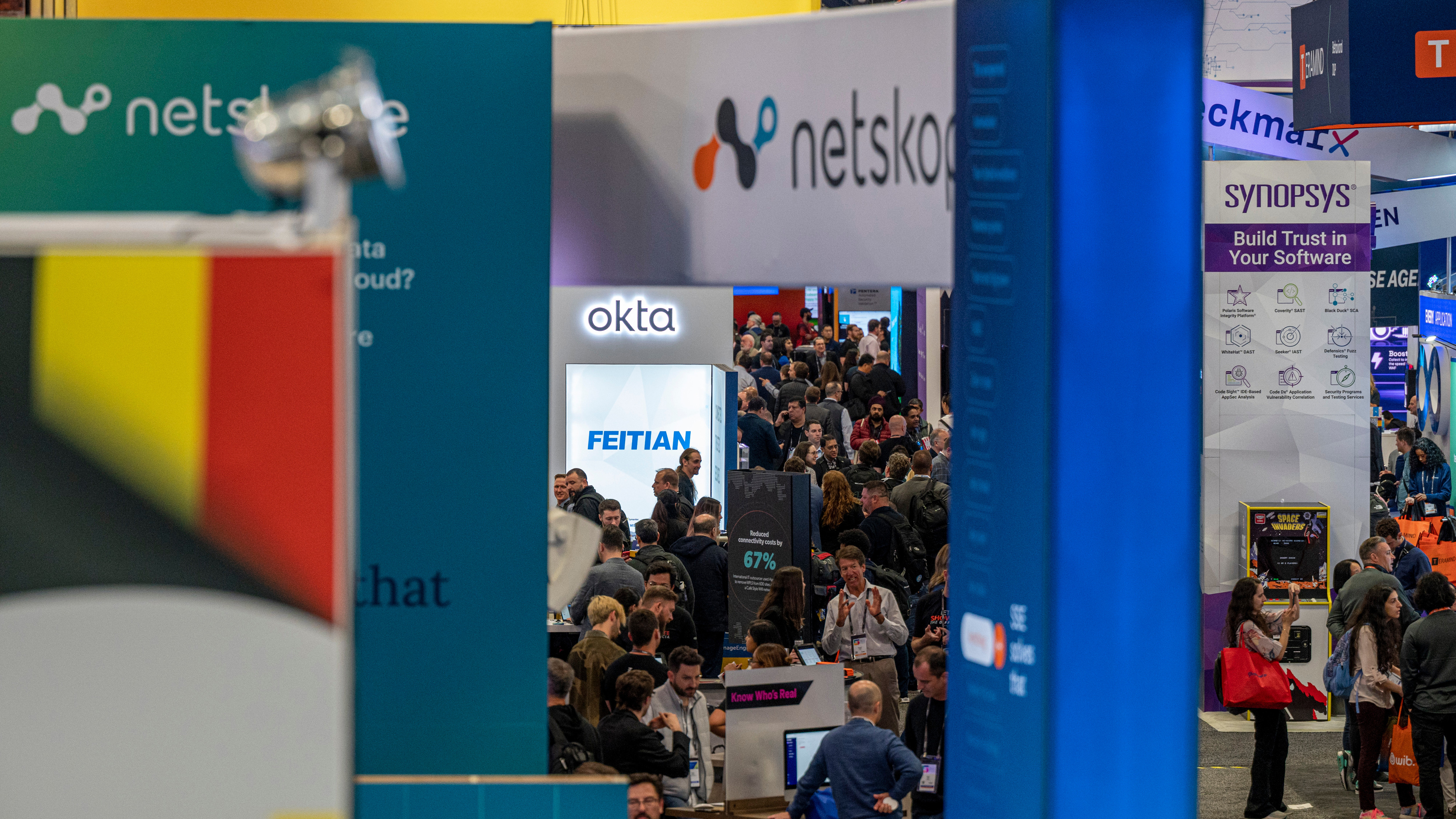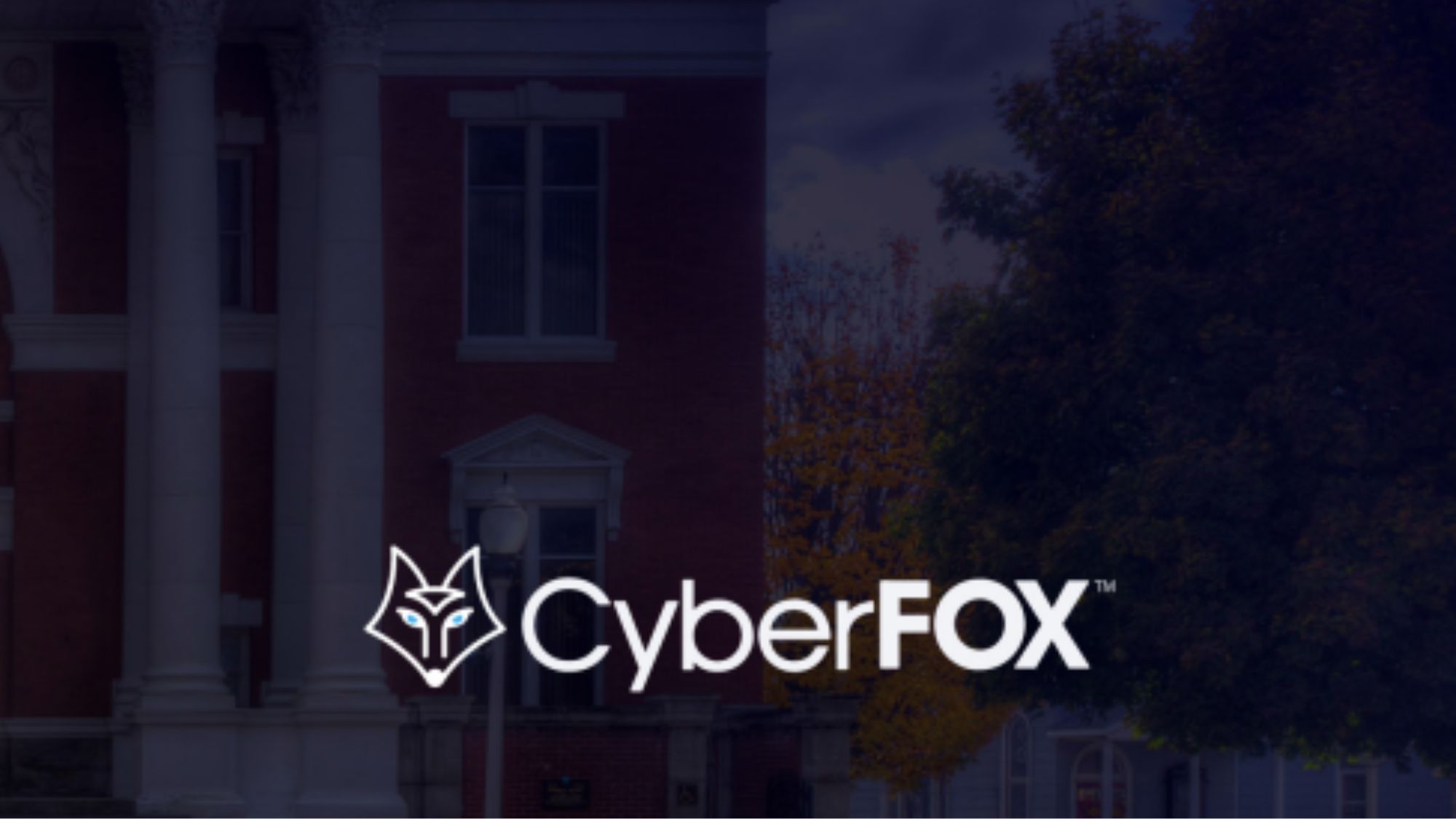Global cyber attacks jumped 44% last year
A new report from Check Point Software warns of new tactics from threat actors


The number of cyber attacks worldwide rose by 44% last year, fueled by evolving nation-state attacks and the increasing prevalence of generative AI.
In its annual report, Check Point Software said nation-states are changing their strategy, shifting from acute attacks to chronic campaigns aimed at eroding trust and destabilizing systems.
AI-powered disinformation and influence campaigns targeted a third of global elections between September 2023 and February 2024, researchers said.
The Russian-linked APT group CopyCop, for example, targeted the June 2024 US primary elections with fabricated news segments featuring deepfake portrayals of political figures, and the Islamic Revolutionary Guard Corps (IRGC) using 'hack-and-leak' tactics during the presidential elections.
"Cybersecurity in 2025 is not only about protecting networks; it’s about safeguarding trust in our systems and institutions," said Maya Horowitz, Check Point's VP of research.
"The State of Global Cyber Security 2025 highlights the rapid evolution of threats and reinforces the need for resilience in the face of persistent and complex adversaries."
The evolution of ransomware
Ransomware is also evolving, according to the report, with data exfiltration and extortion overtaking encryption-based attacks as the primary ransomware tactic, simplifying operations and maximizing payouts.
Get the ITPro daily newsletter
Sign up today and you will receive a free copy of our Future Focus 2025 report - the leading guidance on AI, cybersecurity and other IT challenges as per 700+ senior executives
The little-known ransomware group Dark Angels, for example, reportedly extracted a $75 million payment from one Fortune 50 company in 2024.
Healthcare became the second most targeted industry for ransomware, with a 47% increase in attacks year-over-year, highlighting a move away from any 'ethical' approach from ransomware groups.
Meanwhile, compromised routers, VPNs, and other edge devices served as key entry points for attackers last year, with more than 200,000 devices controlled by advanced botnets like Raptor Train, operated by state-sponsored actors.
The report highlights the rising tide of infostealers, with stolen data traded on platforms like Telegram or underground criminal marketplaces such as the Russian Market.
RELATED WHITEPAPER

"Following the decline of the big botnets, infostealers have become a significant and wide-scale threat. They offer cyber criminals efficient ways to steal credentials and session tokens, contributing to financial fraud and identity theft and acting as an entry point to corporate networks," said Check Point threat intelligence group manager Sergey Shykevich.
"As companies increasingly adopt remote work and bring-your-own-device policies, it is essential that they implement protective strategies."
AI attacks gain traction
A key talking point in the Check Point annual report centered around AI-powered financial crime. The security firm recorded a sharp increase in this regard across 2024 alongside supply chain attacks on open source projects.
Researchers warned that organizations will face increasing pressure this year thanks to new cyber security regulations, including the EU IoT Regulations, SEC Cyber Security Rules, the Digital Operational Resilience Act (DORA) and the NIS2 Directive.
CISOs, Check Point recommended, should strengthen BYOD Security, implementing strict policies and deploying endpoint protection.
They should also invest in threat intelligence and enhance patch management to address known vulnerabilities proactively and limit exposure to widespread exploits.
Edge devices should be secured, with robust security measures for routers, VPNs, and IoT devices; and they should focus on resilience, preparing for persistent threats with comprehensive incident response plans and continuous monitoring.
Emma Woollacott is a freelance journalist writing for publications including the BBC, Private Eye, Forbes, Raconteur and specialist technology titles.
-
 What to look out for at RSAC Conference 2025
What to look out for at RSAC Conference 2025Analysis Convincing attendees that AI can revolutionize security will be the first point of order at next week’s RSA Conference – but traditional threats will be a constant undercurrent
By Rory Bathgate
-
 Ransomware attacks are rising — but quiet payouts could mean there's more than actually reported
Ransomware attacks are rising — but quiet payouts could mean there's more than actually reportedNews Ransomware attacks continue to climb, but they may be even higher than official figures show as companies choose to quietly pay to make such incidents go away.
By Nicole Kobie
-
 Simplifying Password Management eBook
Simplifying Password Management eBookBy ITPro
-
 Living off the Land eBook
Living off the Land eBookBy ITPro
-
 The Public Sector's Guide to Privilege and Password Management
The Public Sector's Guide to Privilege and Password ManagementBy ITPro
-
 Zero Standing Privilege: Automating Cybersecurity Without Disrupting Productivity
Zero Standing Privilege: Automating Cybersecurity Without Disrupting Productivitywhitepaper
By ITPro
-
 ‘We are now a full-fledged powerhouse’: Two years on from its Series B round, Hack the Box targets further growth with AI-powered cyber training programs and new market opportunities
‘We are now a full-fledged powerhouse’: Two years on from its Series B round, Hack the Box targets further growth with AI-powered cyber training programs and new market opportunitiesNews Hack the Box has grown significantly in the last two years, and it shows no signs of slowing down
By Ross Kelly
-
 Cyber attacks against UK firms dropped by 10% last year, but experts say don't get complacent
Cyber attacks against UK firms dropped by 10% last year, but experts say don't get complacentNews More than four-in-ten UK businesses were hit by a cyber attack last year, marking a decrease on the year prior – but security experts have warned enterprises to still remain vigilant.
By Emma Woollacott
-
 Law enforcement needs to fight fire with fire on AI threats
Law enforcement needs to fight fire with fire on AI threatsNews UK law enforcement agencies have been urged to employ a more proactive approach to AI-related cyber crime as threats posed by the technology accelerate.
By Emma Woollacott
-
 Have I Been Pwned owner Troy Hunt’s mailing list compromised in phishing attack
Have I Been Pwned owner Troy Hunt’s mailing list compromised in phishing attackTroy Hunt, the security blogger behind data-breach site Have I Been Pwned, has fallen victim to a phishing attack targeting his email subscriber list.
By Jane McCallion